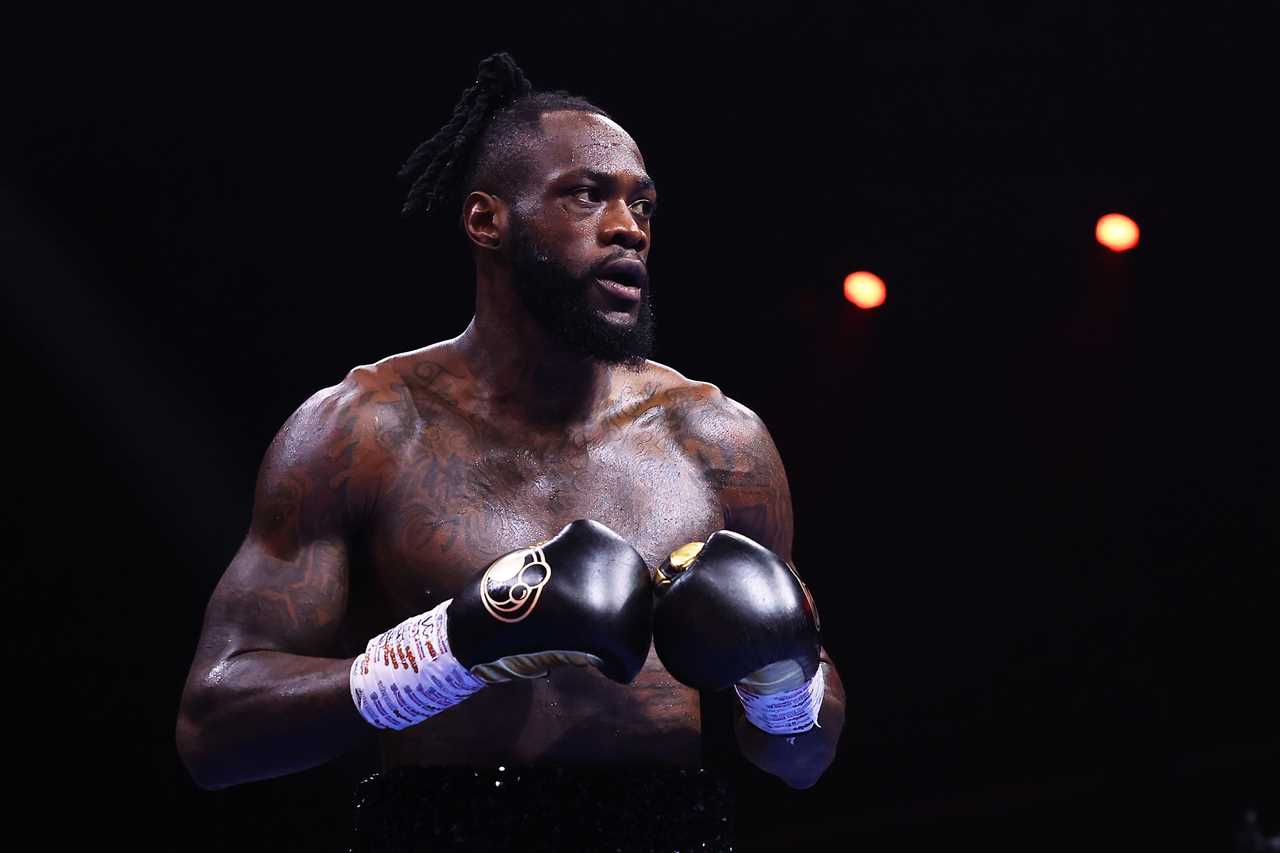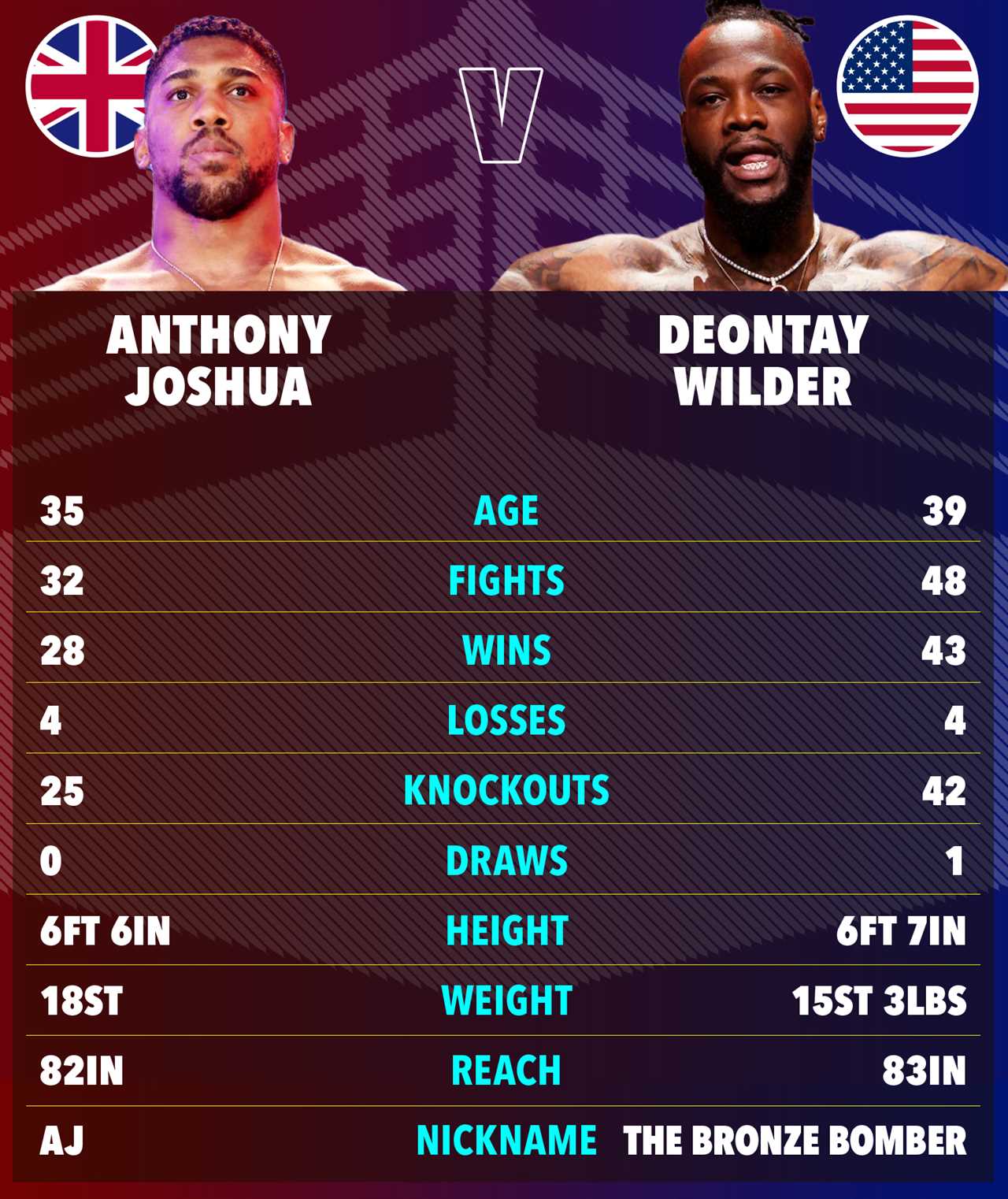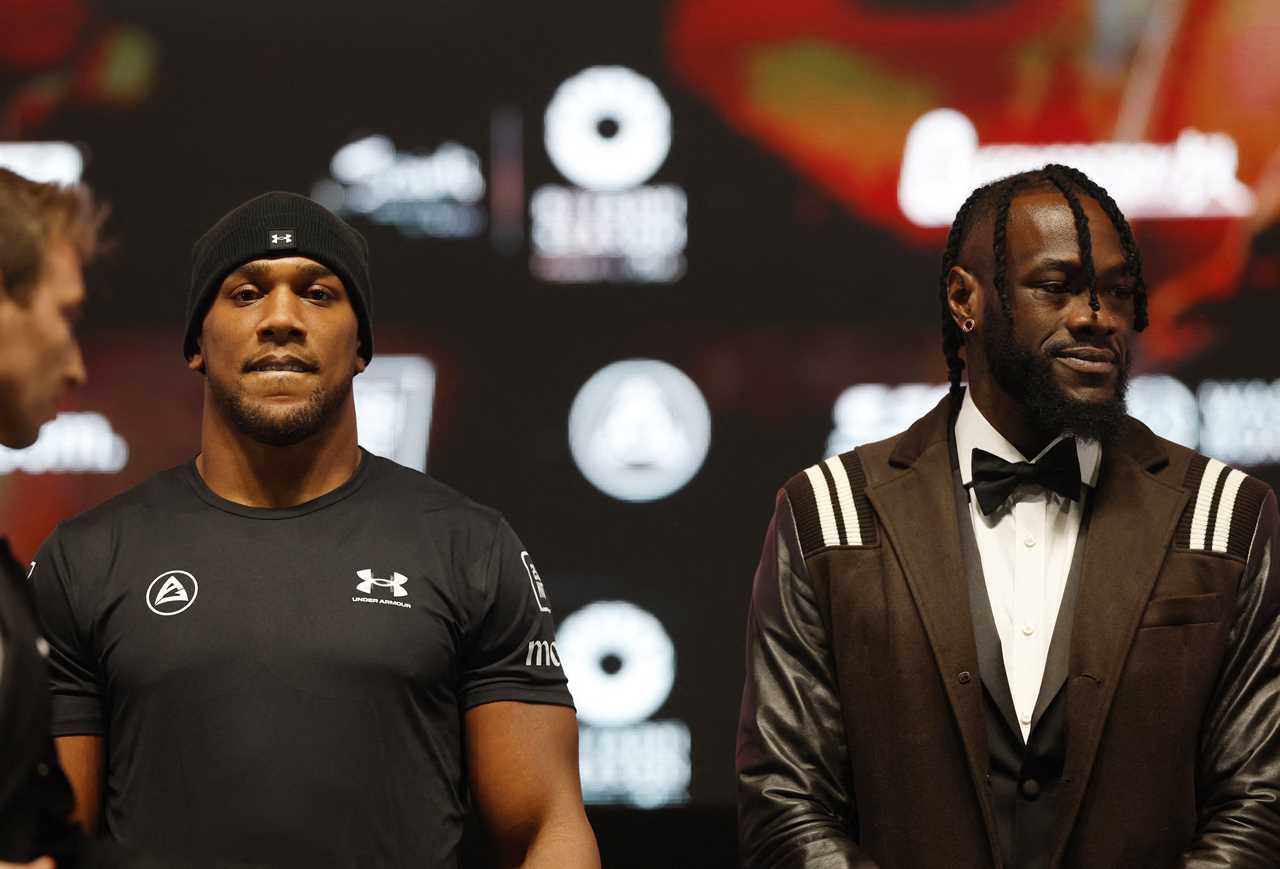
Behind the Scenes: Wilder's Hidden Struggle
Deontay Wilder has been quietly addressing a significant shoulder injury, undergoing surgery just months before publicly announcing his return to the ring. The former WBC champion kept his medical condition under wraps, aiming to prepare for a potential high-profile fight against Anthony Joshua at Wembley.
Recent Setbacks and Recovery
Wilder faced setbacks in his recent bouts, losing on points to Joseph Parker in December 2023 and being knocked out by Zhilei Zhang last June. Unbeknownst to him at the time, Wilder was battling a severely damaged right shoulder. His manager, Shelly Finkel, revealed that the injury may have been present during the Parker fight, but only addressed before the Zhang match.
Returning Strong: Upcoming Fight Details
Now 39, Wilder is set to make his return on June 27 against Tyrrell Herndon, a 37-year-old fighter with a 24-5 record, including three recent victories. Herndon has maintained a steady presence in the boxing scene, providing Wilder with a solid opponent to mark his comeback. Despite a period of silence following his loss in Riyadh to Zhang, Wilder has no intentions of retiring, according to Finkel.
Plans for the Future: Chasing Big Fights
Wilder isn’t pausing his momentum. After his June fight, he plans to step into the ring again in September, with ambitions of securing a marquee fight around Christmas or New Year. His team remains committed to making the long-awaited clash with Anthony Joshua a reality, positioning it as a major event on the boxing calendar.

Manager's Insight: The Joshua Dream
Finkel emphasized the significance of a Wilder versus Joshua fight, describing it as a monumental event, though perhaps not reaching the heights of previous iconic matchups like Mayweather versus Pacquiao. Nevertheless, he believes the fight would attract substantial attention and draw a large crowd to Wembley.
Exploring Other Possibilities: Ngannou in the Picture
Beyond the Joshua fight, there have been discussions about potential matchups with former UFC champion Francis Ngannou, who has faced defeats against Tyson Fury and Joshua. While timing hasn't aligned for a fight with Ngannou yet, Finkel remains optimistic about the possibilities, suggesting it could still be a significant event in the lead-up to facing Joshua.
Looking Ahead: What’s Next for Wilder
Wilder's management remains hopeful that his return to the ring will rejuvenate his career and set the stage for high-stakes bouts in the near future. With his shoulder now repaired and his training ramping up, Wilder is more determined than ever to make a powerful comeback and secure the fights that fans have long been eager to see.
Fan Expectations: Anticipation Builds
Boxing enthusiasts are eagerly awaiting Wilder's next moves. The potential fight against Joshua is particularly exciting, promising to deliver intense competition and high drama. As Wilder prepares for his June 27 showdown, the boxing world watches with bated breath, anticipating whether this comeback will reignite his standing in the heavyweight division.

Conclusion: Wilder’s Path Forward
Deontay Wilder's journey back to the top of the boxing world is marked by resilience and strategic planning. With his shoulder now healed and a clear vision for future fights, Wilder is positioned to make a significant impact in the ring once again. Whether it leads to a blockbuster showdown with Anthony Joshua or other notable opponents, Wilder's return is set to be a defining chapter in his storied career.
Frequently Asked Questions
How long does boxing take to become proficient?
Individuals vary greatly in the time required to become proficient at boxing. Factors such as natural abilities, consistency in training and quality of instruction are all important. With regular training, your basic skills could improve significantly within a few short months.
How can I find the best size and type for my boxing gloves?
The type and size of boxing gloves you need will depend on how much you weigh, your level of protection, and what you plan to do (e.g. sparring, competition, or heavy bag work). Gloves come in ounces. Beginners often begin with gloves that are 12oz and 14oz for general training, then move up to heavier gloves when sparring.
How important is recovery for boxing training?
The recovery process is vital in boxing. It allows your body the opportunity to heal and get stronger. To ensure a speedy recovery, it is important to get enough rest, stretch, sleep well, drink plenty of water, eat nutritively, and follow a balanced diet. Ignoring recovery can lead to overtraining, injuries, and decreased performance.
What should I look for when choosing a boxing gym?
When choosing a boxing studio, you should consider a welcoming atmosphere, experienced and approachable trainers, a variety classes suitable for various skill levels, quality gear, and positive testimonials or recommendations by current members. A trial session will also allow you to experience the gym’s atmosphere and training method.
What should I focus on as a beginner in boxing?
As a beginner, your focus should be on learning proper form and technique. It is important to master the basics of punching, develop a solid defense, improve your footwork and condition. Start slowly, prioritize technique over power, and seek guidance from a knowledgeable coach.
What are common boxing mistakes beginners make?
Common mistakes include overextending punches, dropping the hands, ignoring defense, holding the breath, neglecting footwork, and focusing too much on power rather than technique. You can correct these mistakes by working with a coach.
Statistics
- It is estimated that 60% of beginner boxers do not use the correct size gloves, which can increase the risk of injury.
- Studies suggest that about 30% of beginner boxers tend to neglect the importance of footwork in their initial training phase.
- Approximately 50% of beginner boxers drop out within the first six months, highlighting the importance of sustaining motivation and setting realistic goals.
- Research indicates that nearly 70% of punches thrown by boxers during a match are jabs.
- An analysis of boxing workouts demonstrates that participants can maintain a heart rate at 75-85% of their maximum, which is the optimal range for cardiovascular training.
- Despite the stereotype that boxing is a young person's sport, approximately 20% of all beginners are over the age of 40.
- On average, beginner boxers improve their punching power by 10%-20% after six months of consistent training.
- Beginner boxers tend to make the mistake of holding their breath in 70% of cases during their initial training sessions.
- Nearly 80% of boxing training injuries are related to incorrect technique, especially within the first three months of taking up the sport.
- Around 90% of boxers suffer a minor injury over the course of a year, with only 10-15% experiencing a moderate to severe injury.
External Links
How To
How to mentally prepare for boxing training
Boxing requires a strong mental approach. Create a routine that includes visualization, mental rehearsals, and establishing goals for every session. Positive self-talk, mindfulness practices such as meditation and other relaxation techniques can help reduce stress and improve concentration. Remember that boxing is as much about learning and self-improvement as it is about competition, so approach each session with an open mind and determination.
Did you miss our previous article...
https://sportingexcitement.com/boxing/clash-of-titans-adeleye-vs-tkv-sparks-fiery-rivalry-ahead-of-manchester-showdown
 CricketBoxingFormula 1GolfHorse RacingPremier LeagueTennisPrivacy PolicyTerms And Conditions
CricketBoxingFormula 1GolfHorse RacingPremier LeagueTennisPrivacy PolicyTerms And Conditions
